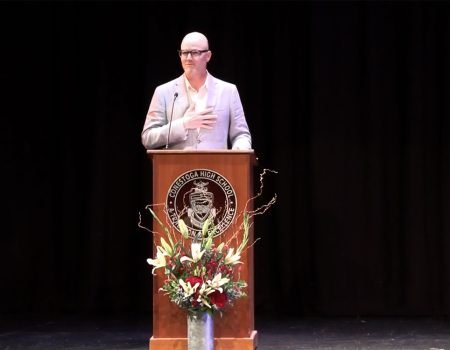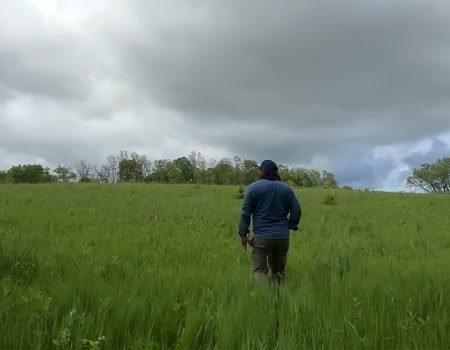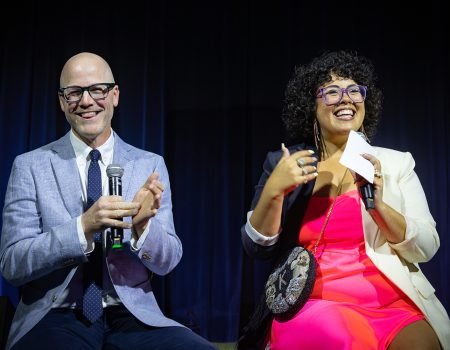Tracey Quillen Carney & Dr. Julius Mullen Sr.: Trauma Matters
“Every interaction is going to leave a mark,” she said. “What do I want it to be?”
Delaware’s First Lady, Tracey Quillen Carney, squinted at me across the stage. I clung to a mic in my left hand, my well-worn clipboard in my right, juggling them alongside my list of questions for a pair of well-rehearsed experts, a room full of baited-breath audience, and my own anxiety about managing the whole event.
When I was diagnosed with PTSD and CPTSD during the height of COVID, I immediately recognized it everywhere around me: in school shooters, Capitol rioters, road ragers and in every viral clip that flooded my feeds. America is dysregulated to the point of hypervigilance, flooded with cortisol from acute stressors like 9/11 and Uvalde, and chronic stressors like economic uncertainty, the 24/7 news cycle, and dopamine-depleting social media – to say nothing of our individual struggles with parental loss, abuse, neglect, racism, community violence and more. As a result, it doesn’t take much for us to pop off on one another.
I set out to learn more, and stumbled onto Trauma Matters Delaware, a statewide nonprofit advancing the collective effort to prevent and heal trauma. I reached out to its Director, Alonna Berry – a fellow Syracuse alum, as it ends up. I interviewed her for my forthcoming documentary, Friends & Neighbors. I reached out to Delaware’s First Lady, Tracey Quillen Carney, and joined her weekly meetings.
A few week’s into the group’s planning for its annual Mental Health Awareness Month activities, I realized that Mister Rogers & Me was a terrific asset upon which to anchor an event; Fred was trauma-informed all along. It was, I came to realize, why I was so moved by our first meeting back in September 2001. He recognized and made space for my long-silent grief, neither judging nor advising, simply letting it rest safely between us. And then, he encouraged me to go deeper. Twenty years later, he we are.
Trauma is a strong word and one that we like to think happens to somebody else. Judging by the isolation, loss, and grief of COVID alone, though, it’s a pervasive and pressing issue for all of us. There’s is commission: what happened to us, like assault. And omission: what didn’t happen, like emotional neglect. But as Gen X film director Kevin Smith recently said of his recently-recognized trauma, “Don’t play the trauma Olympics.” Everybody’s trauma is unique and valid.
As strong as the word is, the apogee of its midnight is the bright dawn of resilience; with the right support, we can adapt to difficult or challenging life experiences. What’s more, we can be that support for each other.
“There is something of yourself,” Fred often said, “that you leave at every meeting with another person.”
“Who was there for you?” Dr. Julius Mullen Sr. asked the audience. “It can be by family members, coaches, mentors, teachers, preachers. What did they do to help? Make that your job description.”
“Start with the person in the mirror,” he said. “And go deeper.”
To listen to a live recording of my discussion with First Lady Tracey Quillen Carney and Trauma Matters Delaware Chairperson Dr. Julius Mullen Sr., download this week’s Friends & Neighbors podcast on Apple, Spotify or wherever you get yours.



